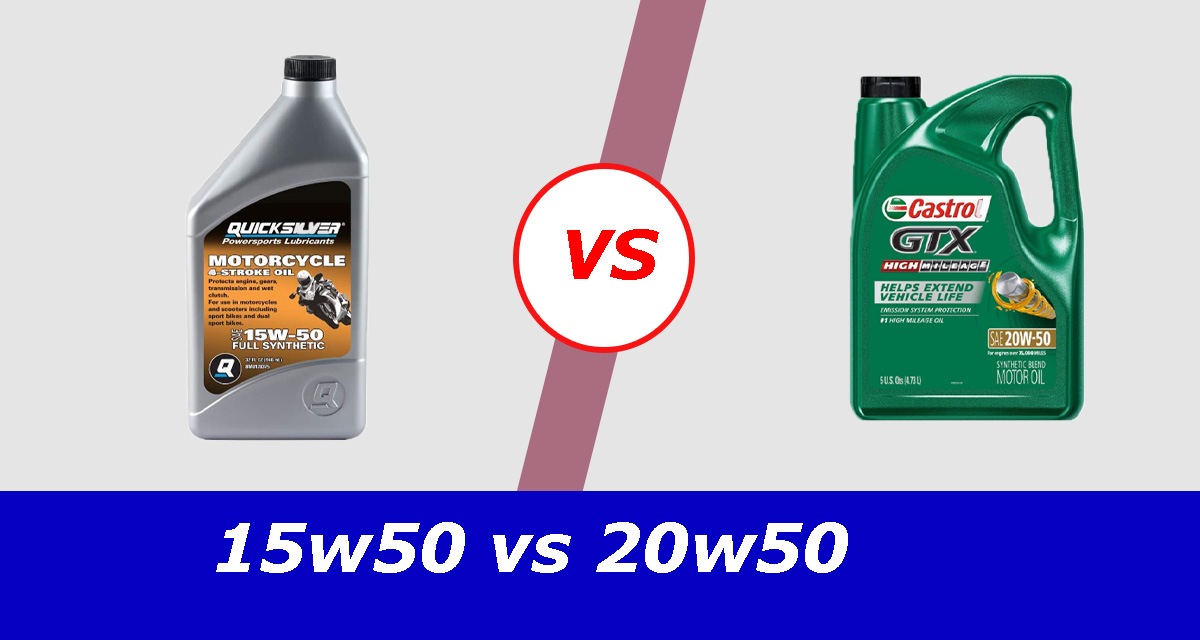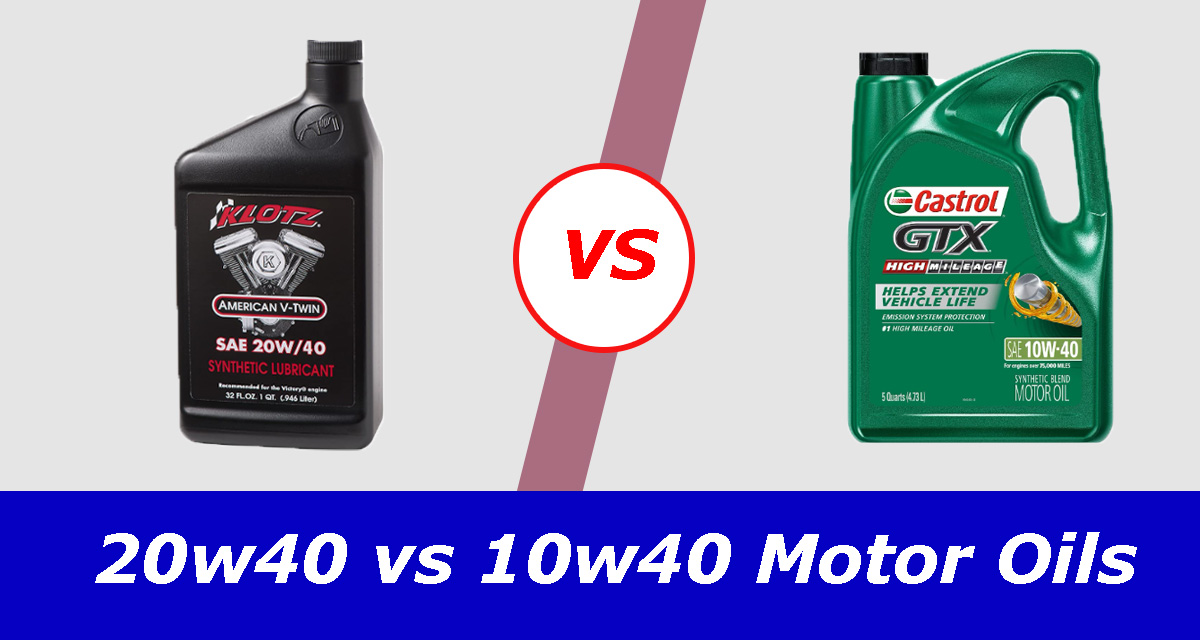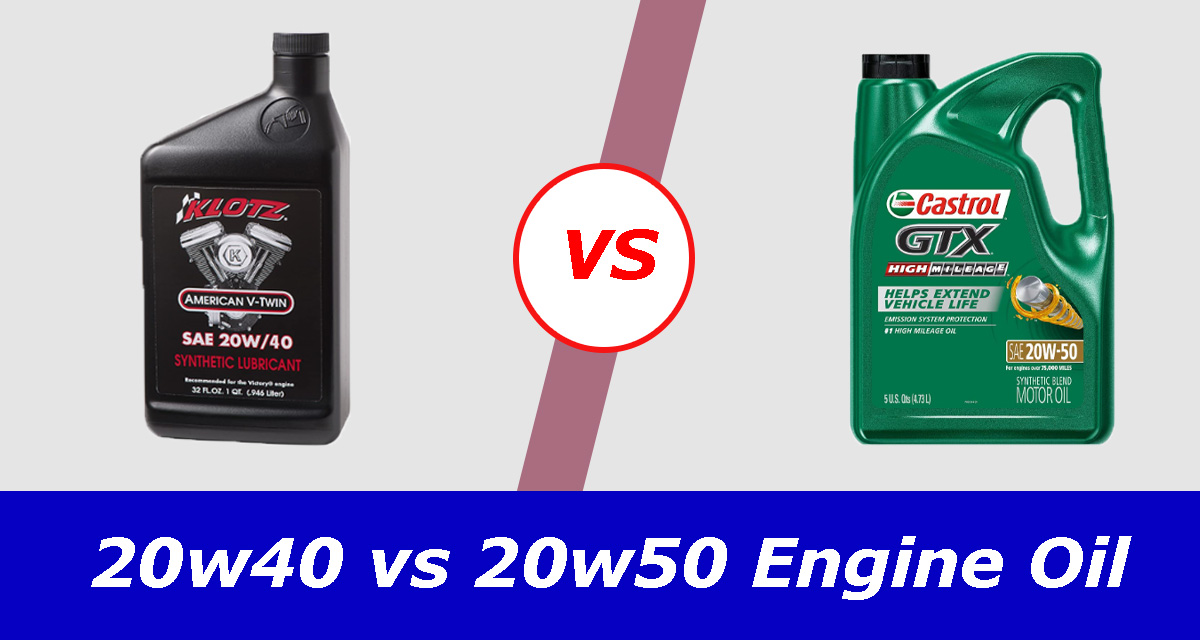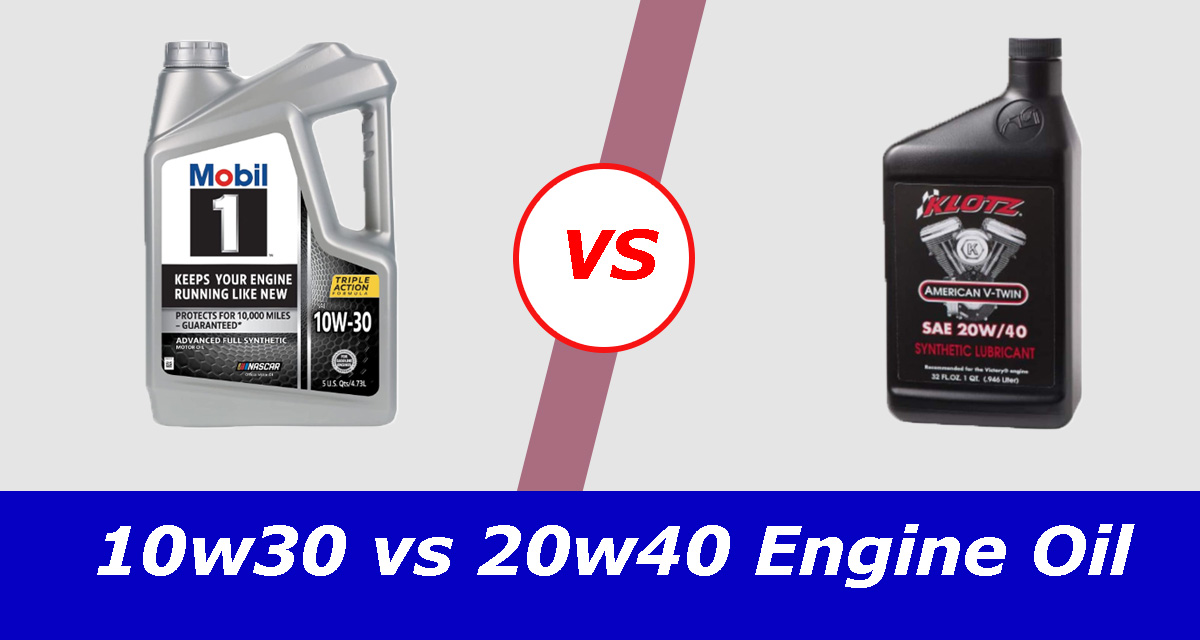Using 15w50 or 20w50 engine oil has its benefits and drawbacks, covered in this blog. By reading this blog, you’ll know which oil is ideal for your vehicle and will be able to breach a line on “15w50 vs. 20w50”.
The 15w50 Motor Oil
15w50 is an advanced full synthetic engine oil. It meets or exceeds the industry’s requirements and car manufacturers’ standards. 15W-50 has historically been a viscosity recommended for high-performance engines and is used today primarily in motorsports racing, where engines are stressed due to high revving and heat.
The 20w50 Motor Oil
20w50 oil is a kind of oil that differs from other types of oil in that it has a greater viscosity. Because it maintains its liquid state at lower temperatures than other types of oil, it is a good choice for use in automobiles driven in cold weather.
However, because it is more viscous and has the potential to make an engine run hotter, 20w50 oil is not as recommended for use in automobiles that are driven in warm weather.
It is recommended to use 20W50 motor oil in areas that experience higher temperatures because the higher temperatures cause the oil to become thinner. It is also beneficial for automobiles exposed to high temperatures and those used for high-stress activities such as pulling trailers or moving cargo.
Differences between 15w50 vs 20w50

Performance
15W50 oil is thicker than 20W50 oil, making it better at resisting heat build-up. However, it is also more viscous, making it harder to flow in cold weather.
Because 20W50 oil is finer and less dense than 15W50 oil, it flows more easily in cold weather but is more prone to heat build-up.
Viscosity
In cold weather, oil quality is indicated. First viscosity number before “W” (which stands for Winter). The second number indicates oil viscosity at operating temperature.
20W is thicker than 15W. 20W-50 motor oil is thicker than 15W-50 at operating temperature. 20w50 engine oil has a viscosity index of 142.
The viscosity index or flow rate of 15w50 engine oil, on the other hand, is 152. This means that when exposed to a range of temperatures, the oil’s viscosity or thickness will not vary. As a result, it’s an excellent solution for automobiles that are operated in a variety of weather conditions.
Oil usage
Sports cars typically use 15w50 oil. Because it produces a thicker oil layer, it reduces the amount of wear on the surfaces of motor parts. This oil is made to provide optimum lubrication for engines that are subjected to extreme circumstances. It’s also ideal for vehicles that are utilized for hauling or racing in hot weather.
20w-50 should outlive petroleum oils by three to six times. Diester synthetic’s additive package increases service life. Diester base, a natural detergent, helps add-on packages and prolongs base stock life.
Thermally stable synthetic oil won’t break down when heated. Single-molecule 20w50 engine oil provides better lubricating characteristics than standard petroleum-based lubricants. Reduced engine friction lowers temps.
OIL GRADE COMPARISON
20w50 oil is viscous. This oil is better for warmer climates than 15w50 and offers additional protection. Older cars can use 20w50 oil. 20w50 oil’s thick consistency may help leaky older engines. 20w50 oil may be too thick for some engines, causing problems.
15w50 is slightly thinner than 20w50, yet not the thinnest. This oil works well at -20 degrees Fahrenheit.
Different brands
- 15w50 vs 20w50 Toyota
Toyota engines are not made to use 20w50 oil. For cold start viscosity, you can use 0w20 motor oil. You can also use 15w50 motor oil, suitable for cold weather.
- 15w50 vs 20w50 Subaru
All Subaru engines should be oiled with 15w50 motor oil. However, you can use 20w50 motor oil in the Winter. Refer to your owner’s handbook as a general rule of thumb.
- 15w50 vs 20w50 Mazda
Mazda’sMazda’s cars and SUVs almost universally require 20w50 oil. As far as we can tell, Mazda engines don’t use 15w50 motor oil. However, you can use 15w50 motor oil in the Winter.
- 15w50 vs 20w50 Chevrolet
In summer, it is advised to use 5w20, 5w30, 10w30, or even 15w50 motor oil in some Chevrolet engines. 0w20 or 10w30 motor oil would be recommended per the owner’s manual of a 2020 Chevy.
You can also use 20w50 motor oil, suitable to use in cold weather.
Read more: 10w40 vs 15w40 Motor Oil
Product table
| Products | Features |
| Mobil 1 15W-50 Advanced Full Synthetic Motor Oil | Excellent overall lubrication and wear protection performance. Winning, race-proven technology. NASCAR’s official motor oil is Mobil 1. |
| MOBIL 1 20W50 Fully Synthetic Motorcycle Oil | Full synthetic offers outstanding protection. Unsurpassed performance in any driving conditions. |
| Liqui Moly 20060 Motorbike 4T 15W-50 Street Engine Oil | Optimal lubrication in all operating conditions, good wear protection. High shear and aging stability ensure low oil consumption and are approved for catalytic converters and optimal engine cleanliness. |
| Liqui Moly 20064 Motorbike 4T 20W-50 Street Engine Oil | Universal application, high lubricant-film stability, and excellent wear protection.Outstanding cleaning and dispersion properties, also mixable with all commercially available engine oils. |
FAQs
When to use 15w50 engine oil?
15W50 engine oil is a suitable choice if you live in a hot area or often drive your car in stop-and-go traffic. It will assist in keeping your engine cool and preventing overheating.
When is it best to use 20w50?
If you reside in a cold area or drive your automobile for long distances, you should use 20W50 engine oil. It will assist in keeping your engine heated and preventing it from freezing. Motorcycles are more likely to use 20W50 than automobiles.
What is the 15w50 and 20w50 engine oil fuel consumption rate?
Between 15W50 & 20W50 engine oils, there is no discernible change in fuel usage. However, using a richer oil, such as 15w50, can improve fuel economy slightly.
Final words
Finally, you must pick which sort of engine oil is ideal for your vehicle. Both 15W50 and 20W50 come with some advantages and disadvantages, so consider which is best for both you and your vehicle.
Keep in mind that applying the wrong weight of oil can cause significant damage to your engines, so if you’re unsure, seek advice from a professional.




